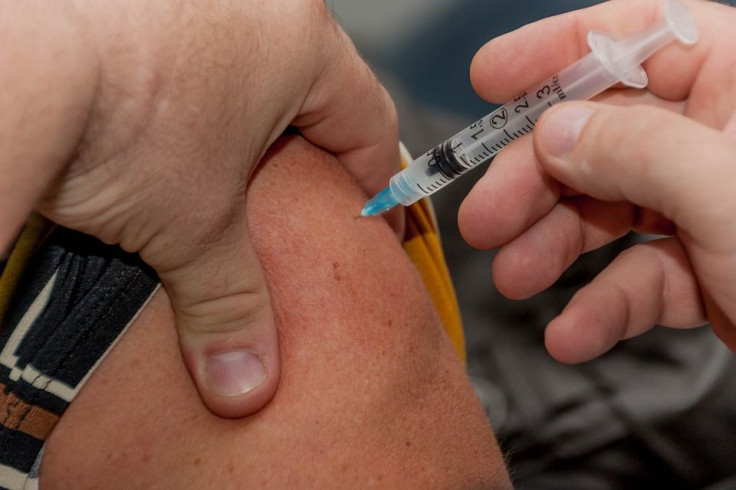Vaccine advisers to the Centers for Disease Control and Prevention (CDC) are set to meet on Friday to bring light on the recommended use of Johnson & Johnson Covid-19 vaccine. This comes after the vaccine brand received a hold order due to reports of a rare and severe type of blood clot in six individuals who received the lone required jab.
The Advisory Committee on Immunization Practices will convene a meeting from 11 to 5 ET Friday and vote on its updated recommendations as well as clarify whether the vaccine is indeed linked to thrombosis with thrombocytopenia syndrome (TTS).
According to CNN, the CDC along with the US Food and Drug Administration, recommended the pause on J & J vaccine as it investigates into more cases that could show other types of blood clots associated with it. The hold on the vaccine also allows doctors enough window of time to treat the clots and learn more about how to spot them.
ACIP said the issue of concern is a rare type of blood clot in the brain along with the possibility of other large blood clots in the body. Blood specialists expressed their notions on the issue saying the clots could be caused by an unusual immune reaction that targets platelets, whereby it increases the chances of the platelets to glob together into clots.
The particular cases of blood clots are of six women who suffered TTS, and resulted in the death of one individual.
During the meeting, blood clot expert Dr. Michael Streiff of Johns Hopkins University, will provide a brief on the known treatments for TTS.
Blood thinners, with the exception of heparin are said to be effective in dissolving the clots. At the same time, the use of IVIG, which is an immune product can also help neutralize the mistaken immune response of the body.
Two officials of Johnson & Johnson will also provide viable information during the meeting. However, Schaffner said the meeting could turn and lead to a few different decisive directions.
ACIP could recommend use of the J&J vaccine and resume with no changes, or it could recommend that the US entirely stop using it.
However, Schaffner thinks it is more likely the committee will recommend the use of the vaccine and resume inoculations with a warning on its adverse effects. The highest-risk category may be advised to steer clear of the J&J vaccine, hopefully with a recommendation of an alternative vaccine.
Blood clot specialists say the risk of developing clots from a coronavirus infection are relatively much higher than the risks of those who got the vaccine.
The Advisory Committee on Immunization Practices (ACIP) plays a role in vaccine safety monitoring, including #COVID19 vaccines. ACIP’s 15 members review many aspects of vaccines, like safety & effectiveness. Learn more about ACIP: https://t.co/bHCGKohsRS. pic.twitter.com/jS4fiGuwBW
— CDC (@CDCgov) April 22, 2021
According to the CDC, individuals who have received the J&J jab within the last three weeks have a very low risk of developing the rare blood clot that will decrease over time. The agency recommends that anyone who experiences certain symptoms such as sudden, severe headache, leg swelling and shortness of breath, should seek immediate medical treatment.

© 2025 Latin Times. All rights reserved. Do not reproduce without permission.



